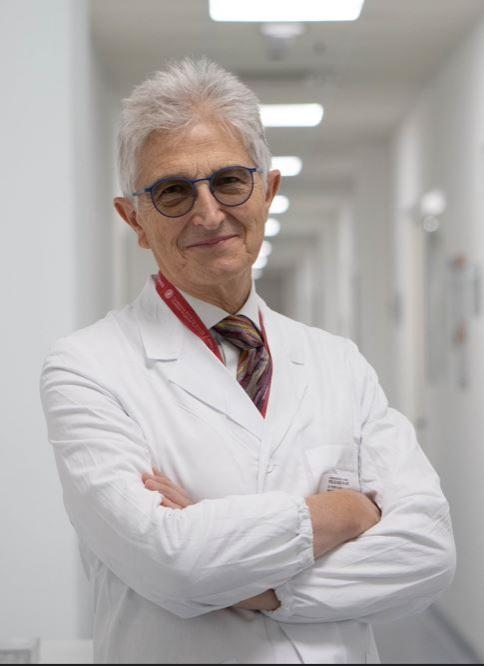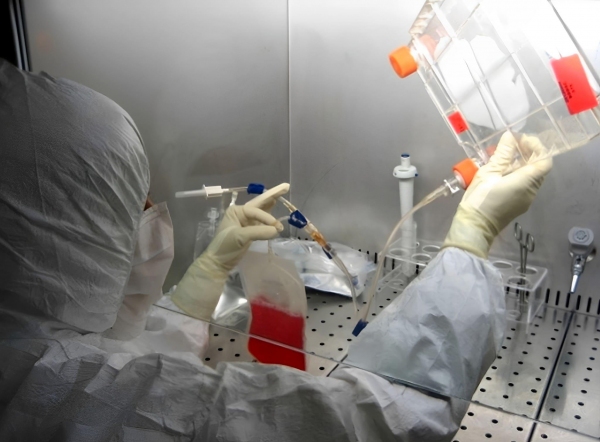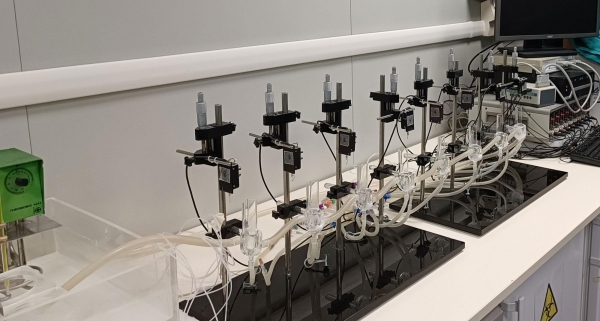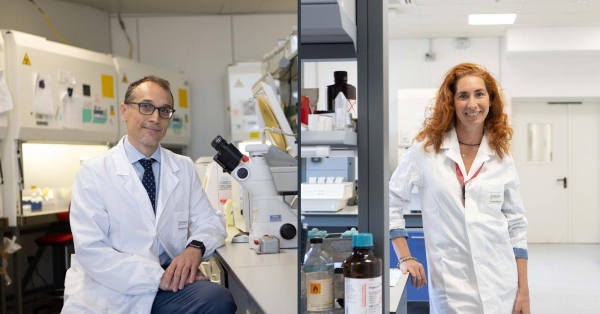From the laboratory to the bedside: a multidisciplinary program to reduce the impact of cardio-respiratory diseases /
Thoracic Surgery and Lung Transplant
Elements of rejection and compatibility after lung transplantation
The research activity focuses on the study of early biomarkers of acute and chronic rejection after lung transplantation. In particular, bronchoalveolar lavage and tissue samples are studied by molecular biology techniques for evaluation of microRNAs, extracellular vesicles and lipids, and by Next Generation System method.
Experimental study models
Focus of the project is the creation of experimental models on the small- and medium-sized animal to study the mechanisms of ischemia-reperfusion injury in lung transplantation and to develop ex-situ graft assessment during the ex-vivo lung perfusion process.
Robotic applications in thoracic surgery
Study of the application of modern robotic systems applied to thoracic surgery, both for the approach to mediastinal neoplasms and for the treatment of lung pathology. In addition to the implementation of the more purely technical component, the group is involved in the evaluation and monitoring of the clinical outcome of operated patients.
Study of DCD lung donors for transplantation purposes
The research activity is aimed at studying the pathway of donor lung transplantation after ascertainment of death by cardio criterion (DCD). In particular, the program aims to develop the original protocol of graft preservation by simple ventilation and to implement the network with Lombard centers.
Study on the biology and immunology of non-small cell lung cancer
Basic research on neoplastic and healthy tissue taken from subjects operated on for lung neoplasia, with special interest in the relationship between tumor and host immune system, studied with multi-omics techniques and translocated in vitro to create organoids.
Thymic neoplasms
Integrated, multidisciplinary study of thymomas and thymic carcinomas. The group cross-gathers thoracic surgeons, oncologists, radiation oncologists, neurologists, and radiologists for a comprehensive study and approach. In addition, the program provides data sharing with other centers through joint database.
- Department of Life Science, University of Modena
- ATS Milan
- National Cancer Institute, Milan
- Department of Bioengineering, Politecnico di Milano
- University of L'Aquila
- Department of Health Sciences, University of Milan
- Mario Negri Institute for Pharmacological Research, Milan
- National Molecular Genetics Institute, Milan
- Mediterranean Institute for Transplantation and Highly Specialized Therapies, Palermo
1 full professor, 1 associate professor, 6 thoracic surgeons, 1 health researcher
—
Other activities in this Research Line
From the laboratory to the bedside: a multidisciplinary program to reduce the impact of cardio-respiratory diseases
Adult Anesthesia and Intensive Care
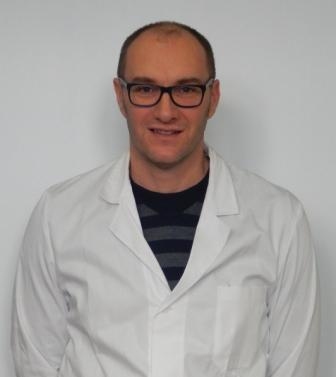
Giacomo Grasselli
Cardiology
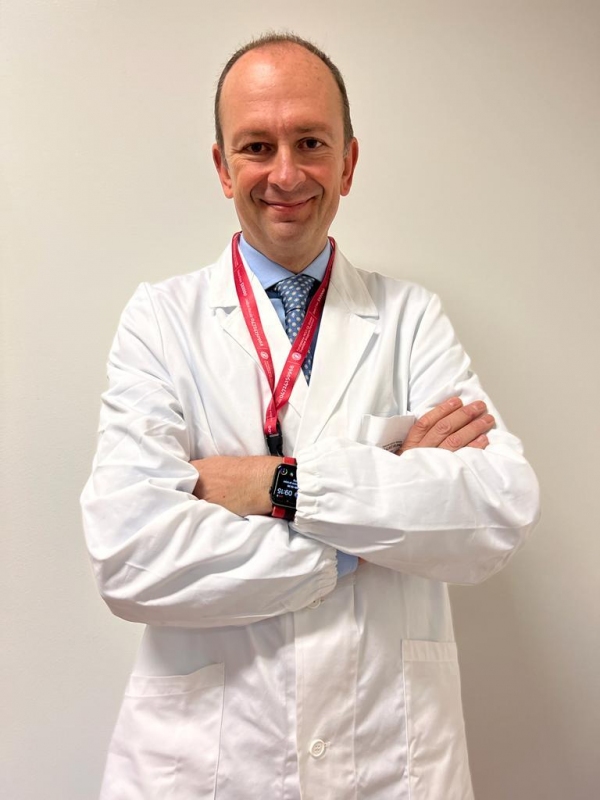
Stefano Carugo
Vascular Surgery
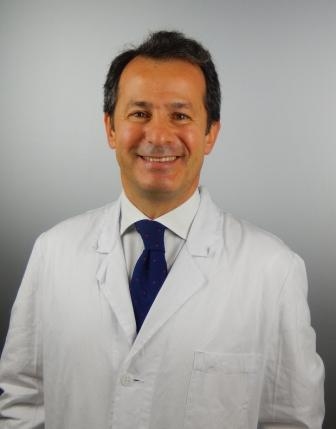
Santi Trimarchi
Geriatrics
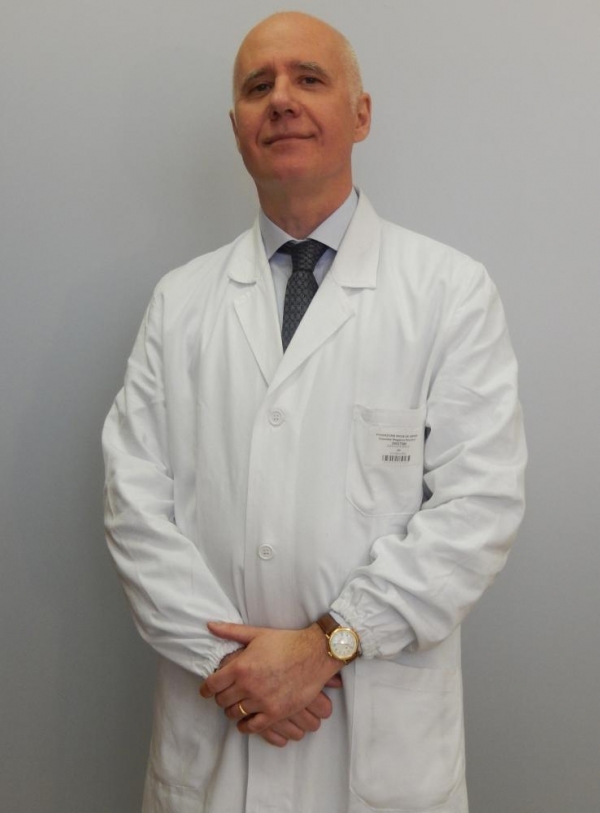
Tiziano Lucchi
Infectious Diseases
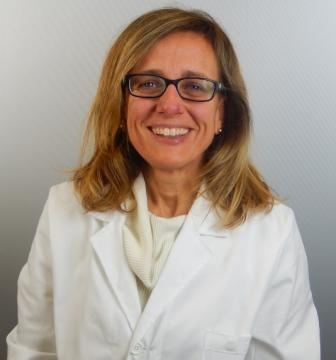
Alessandra Bandera
Neonatology and Neonatal Intensive Care Unit
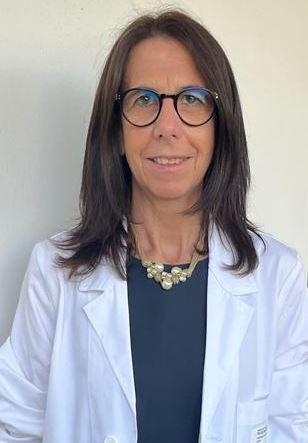
Monica Fumagalli
Pediatrics - Gastroenterology, hepatology, pediatric transplantation and Cystic Fibrosis
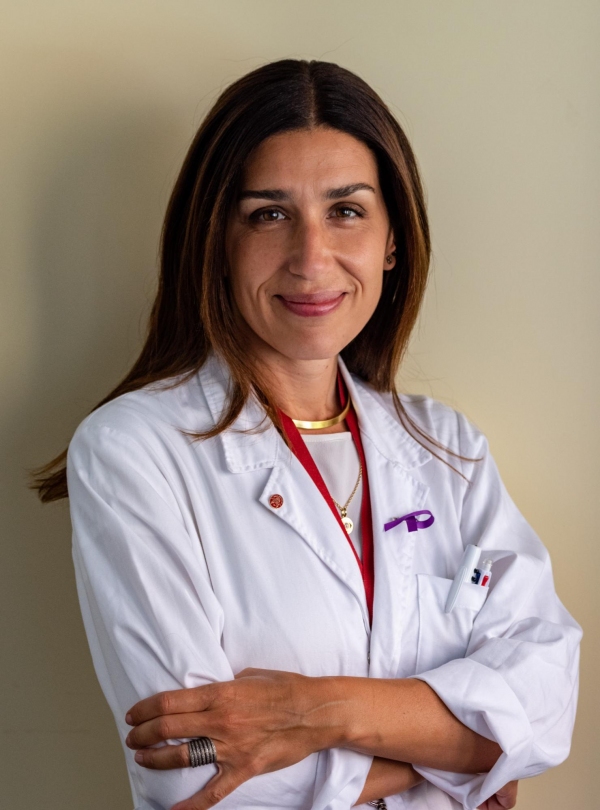
Marina Aloi
Pediatrics - Pneumoinfectiology
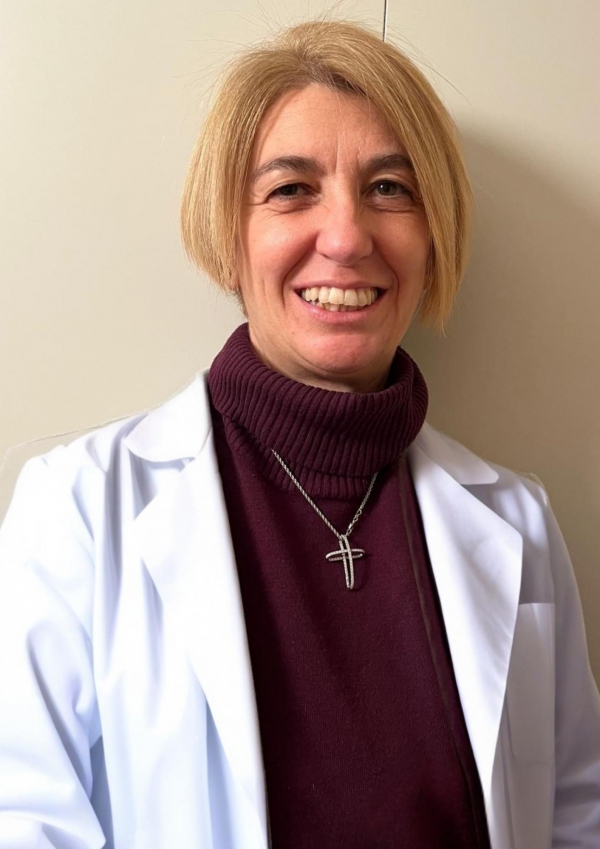
Elvira Verduci
Pulmonology and Cystic Fibrosis
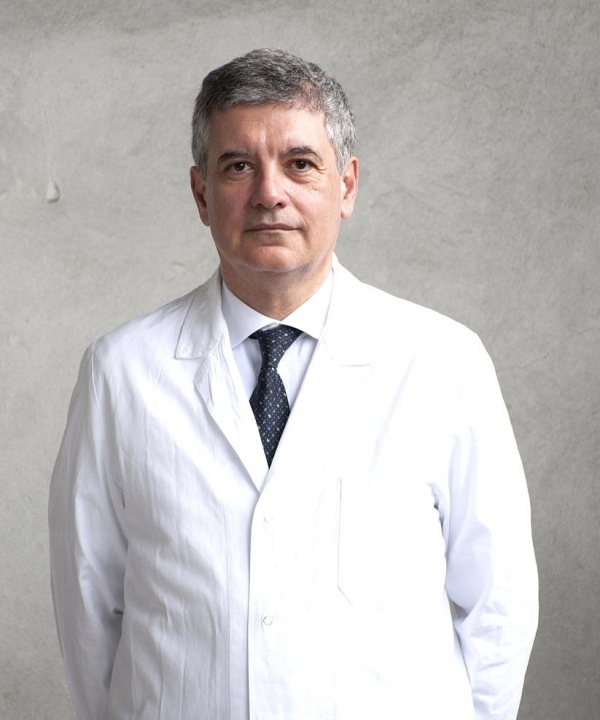
Francesco Blasi
